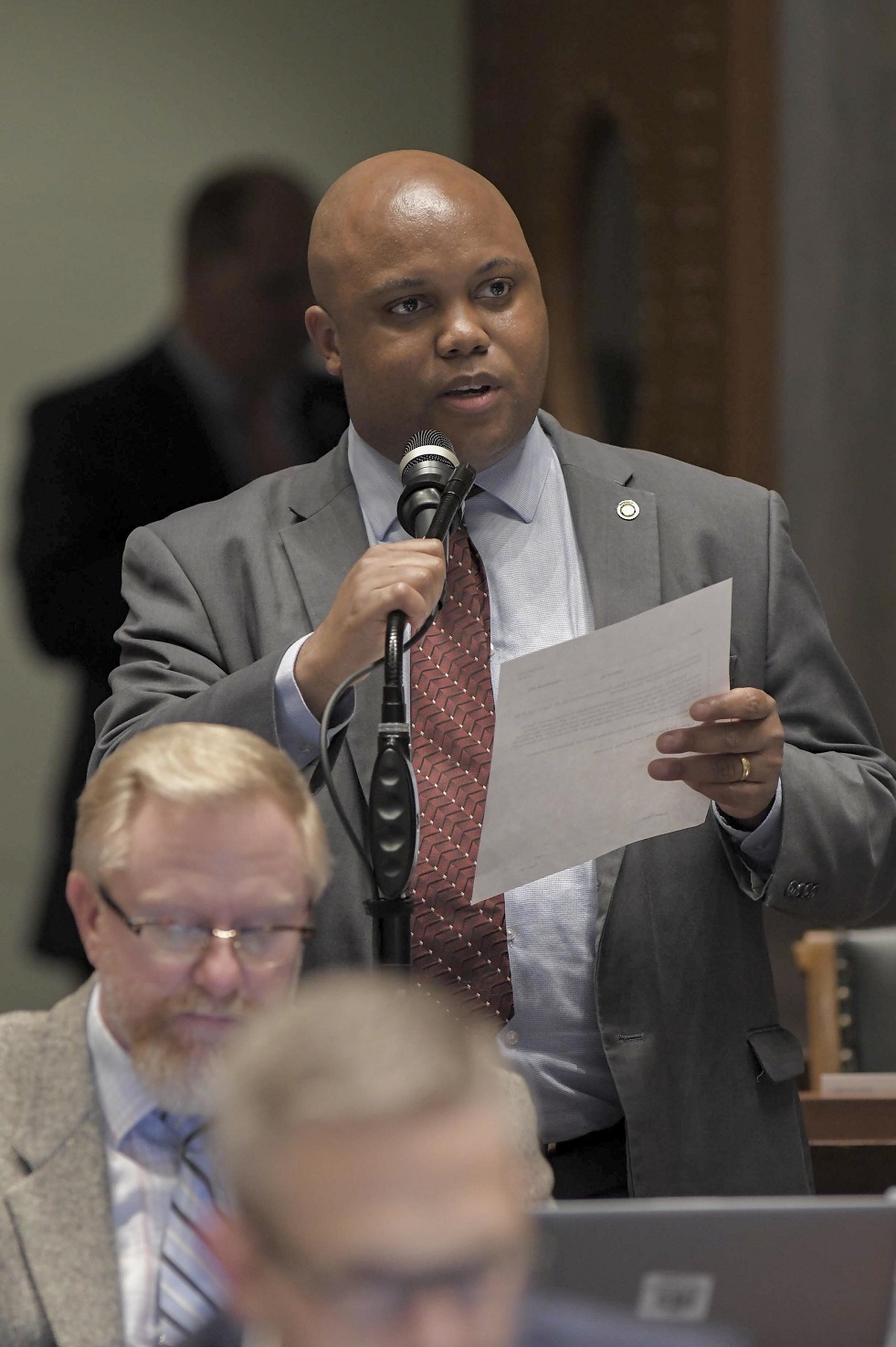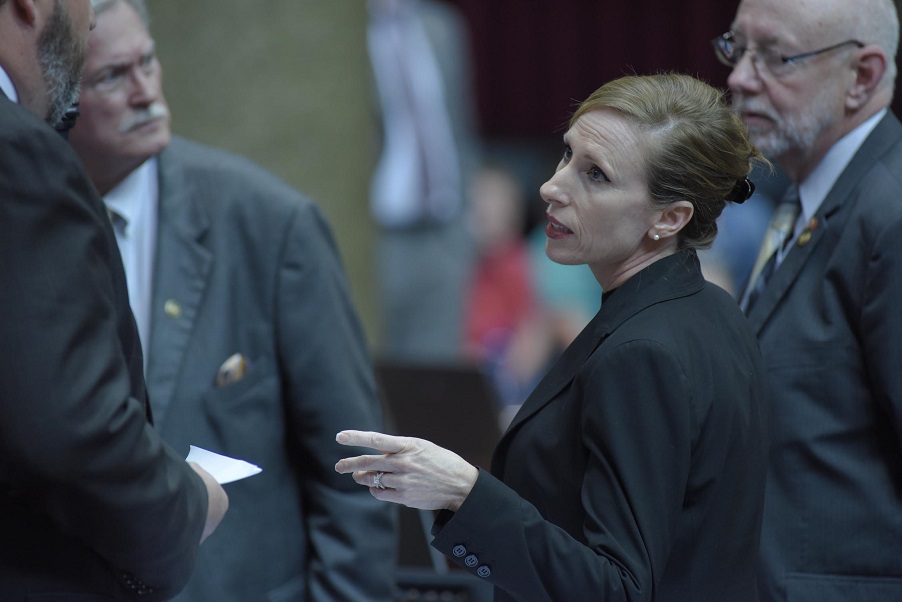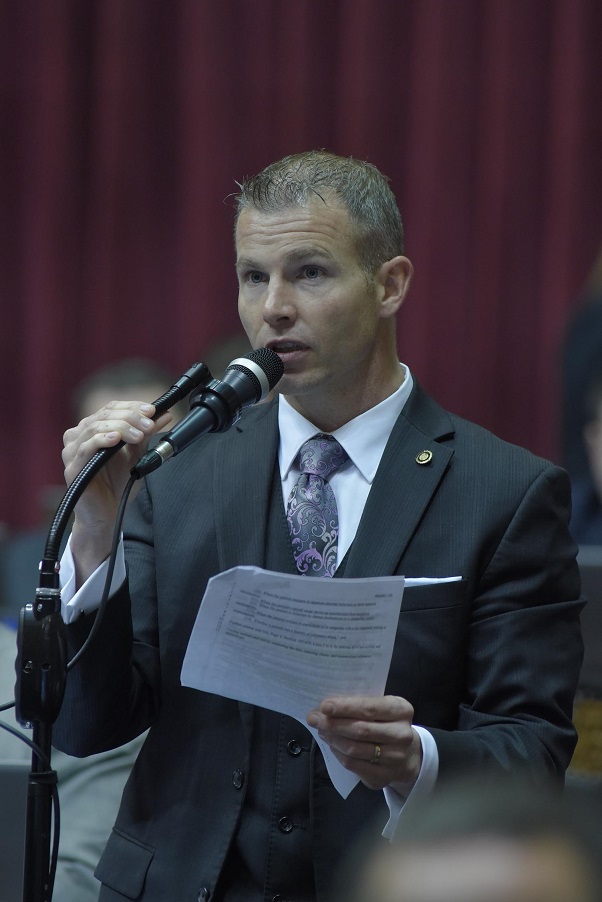The Missouri House has advanced a proposal to join 35 other states in eliminating the requirement that motor vehicles be inspected in order to be licensed.

House Bill 451 is sponsored by Maysville Republican J. Eggleston, who said when the idea was introduced to him he was opposed to it. Then he started doing research and found himself convinced that eliminating the state’s vehicle inspection program wouldn’t make Missouri roads any less safe.
Eggleston said in his research he found no direct correlation between whether a state requires inspections and the number of crashes that occur there or how high its insurance rates are. He said the 15 states that still require inspections actually have a slightly higher rate of fatal accidents.
Eggleston said eliminating the program would lift significant burdens from Missourians, who pay $30-million a year in inspection fees, and must take time off from work and make other sacrifices to get inspections done.
“The other pushback is sometimes, ‘Well if it just saves one life then wouldn’t it be worth it to inconvenience everybody?’ I’m not sure that taxing or inconveniencing everybody on the odd chance you might help somebody, even though we can’t prove we’re going to help anybody, is sound government policy,” said Eggleston. “I think if the government’s going to make you go through some hassle or pay some fee they better have some stats to back it up that it’s actually making a positive difference.”
Boonville Republican Dave Muntzel said based on reports to the Missouri Highway Patrol from vehicle inspections done in the state, 18-percent of vehicles 5 or more years old do not pass inspection, and 25-percent of vehicles 10 or more years old don’t pass.
Representative Donna Baringer (D-St. Louis) said no one came to testify in favor of this bill before a House committee but many people came from throughout the state to testify against it. She noted that in 2017, 15 people died in accidents related to vehicles with safety defects; and more than 15-thousand people were cited for failure to register a vehicle with the Department of Revenue.
Other lawmakers said mechanical problems with vehicles will be caught in a timely manner by regular visits to mechanics for things like oil changes, making state-required inspections unnecessary.
Ash Grove Republican Mike Moon said regular maintenance shouldn’t be mandated by the state.
The House has given initial approval to HB 451. Another favorable vote would send it to the Senate.







